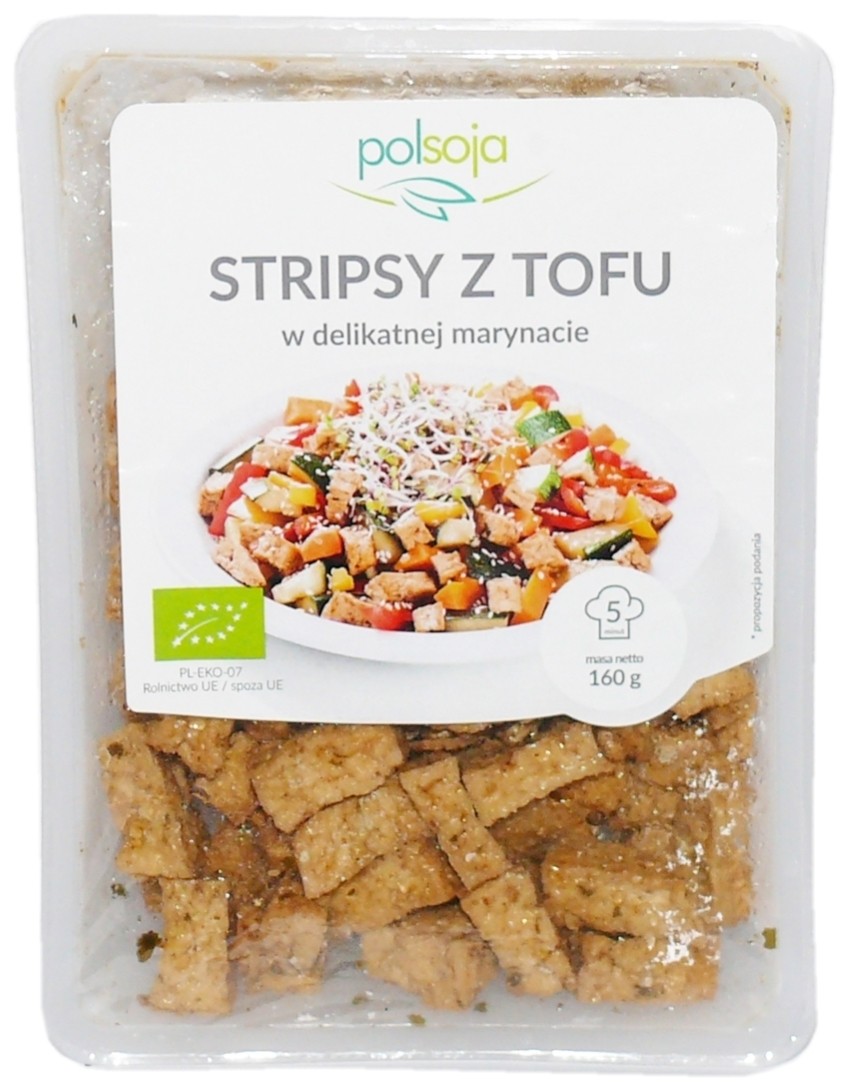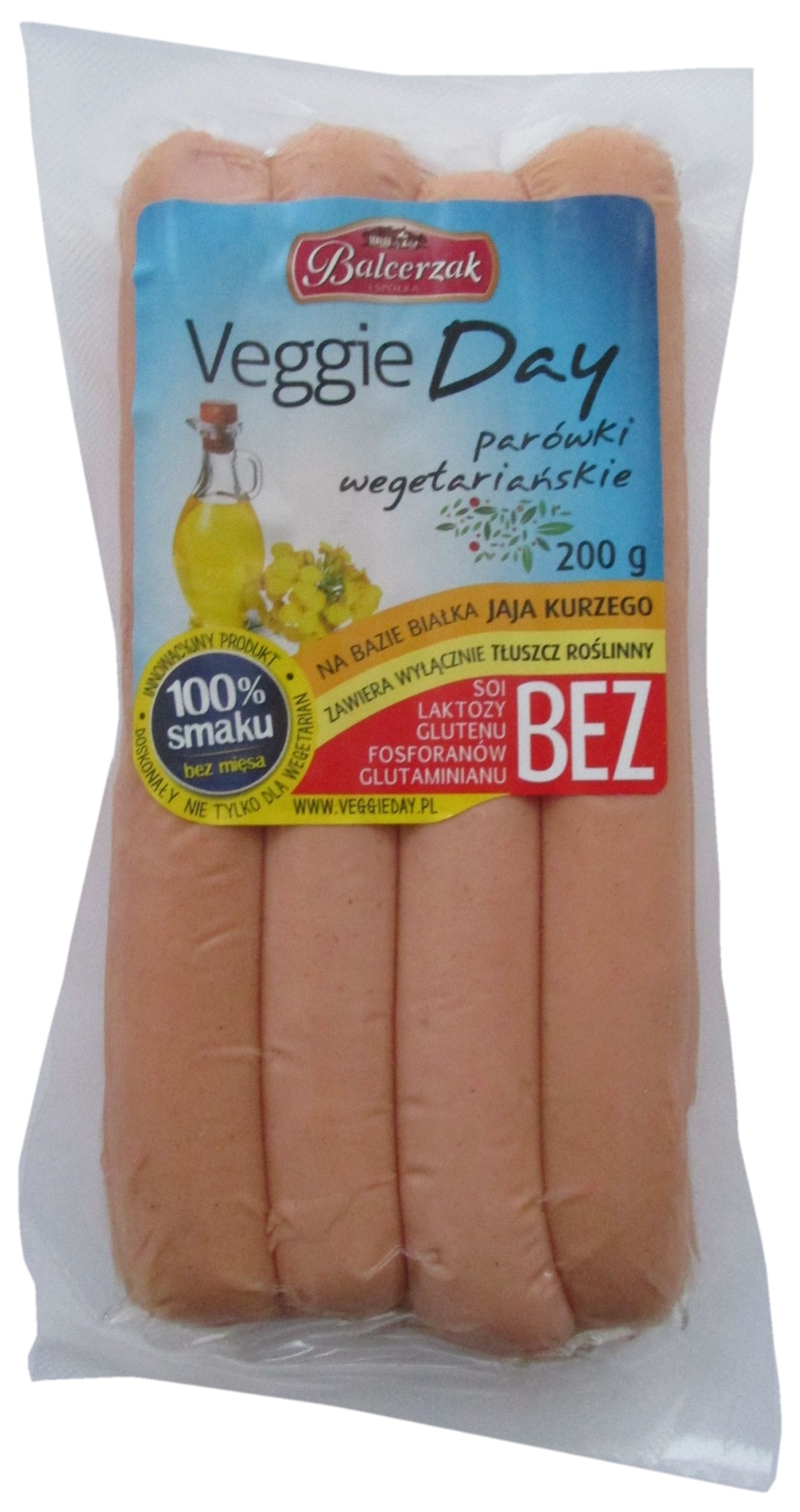Consumers all over the world are being drawn to plant-based diets, and Poland is no exception, resulting in meat-substitutes moving into the mainstream.
A plant-based diet is primarily based on vegetables, grains, legumes, and fruits, with few or no animal products. The phrase can refer to veganism, vegetarianism, as well as flexitarianism – a diet which includes occasional meat consumption. The diet is said to offer numerous health benefits for consumers, including lowering blood pressure and aiding weight loss, as well as claiming to be environmentally friendly.
Global vegetarian food and drink launches increased from 7% to 10%, 2010-15
The food and drink industry is turning towards more sustainable ingredients, including alternative proteins to cope with the exponential increase in the world’s population, along with cropland and freshwater shortages. With brands stepping up innovation efforts, vegetarian and vegan claims are gaining strength across the global food and drink market. Between 2010 and 2015, the share of global vegetarian food and drink launches increased from 7% to 10%, whilst the use of vegan descriptors grew from 1% to 3%.
As consumers become more willing to experiment with meat alternatives, such products are no longer targeted only at meat-free eaters and food allergy sufferers, but also at everyday consumers who are simply looking for healthy, flavourful and more intriguing options.
Polish consumers look to meat-alternatives
Whilst Poland currently accounts for only a minor share of global meat substitute launches, there exists opportunity for further development. Indeed, Mintel research reveals that Polish consumers are concerned about the environmental impact and health impact of eating meat and, as a result, are limiting their consumption of processed and red meats.
Nonetheless, consumption of meat alternatives in Poland remains limited. As many as two thirds of Polish consumers admit they do not eat such products, but younger consumers demonstrate greater openness to expand their food repertoire.
Innovation to encourage more frequent consumption

Recently, Polish meat processors have also identified a profitable niche in catering to meat-abstaining consumers. For example, Balcerzak i Spółka has expanded its meat product range with Veggie Day vegetarian sausages and deli slices at the beginning of 2016. The products are targeted at vegetarians, flexitarians and consumers who are on the lookout for more choice and new taste experiences.
Hoping to capitalise on a new growth territory, Zakłady Mięsne Silesia, another domestic meat producer, has announced plans to launch meatless products in July 2016. Other companies are likely to follow suit in an attempt to diversify revenue streams and reach new audiences.
Honorata is a Food and Drink Analyst at Mintel. Her focus area is food categories in Poland, with a particular interest in health and wellness trends, as well as product innovations. With almost a decade of previous experience in market research, Honorata has analysed various sectors in Poland, including packaged food, retailing, beauty and personal care, and consumer health.









































